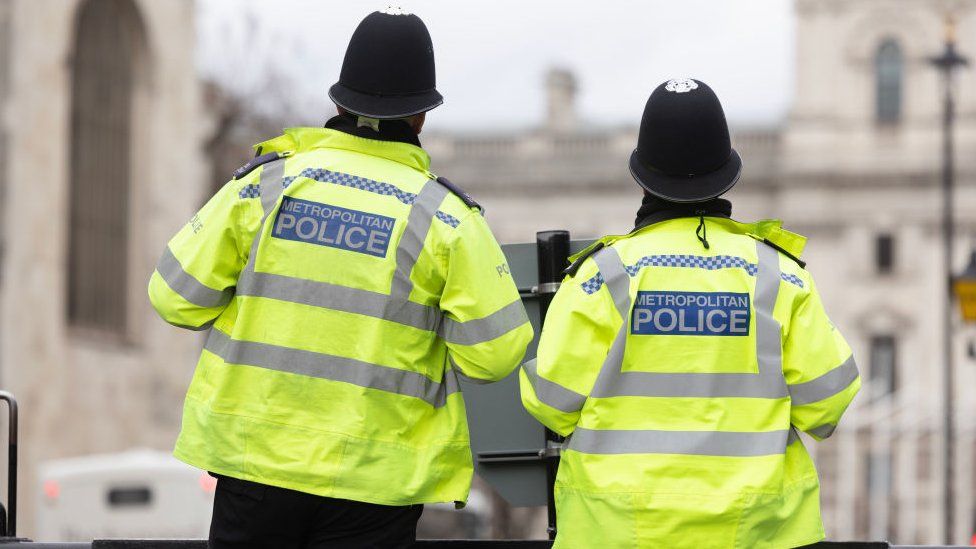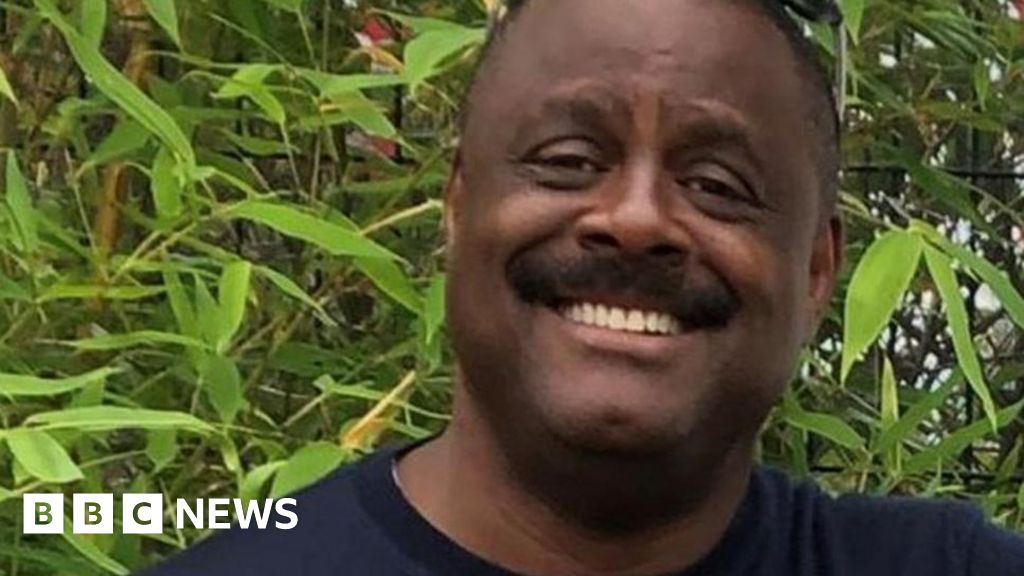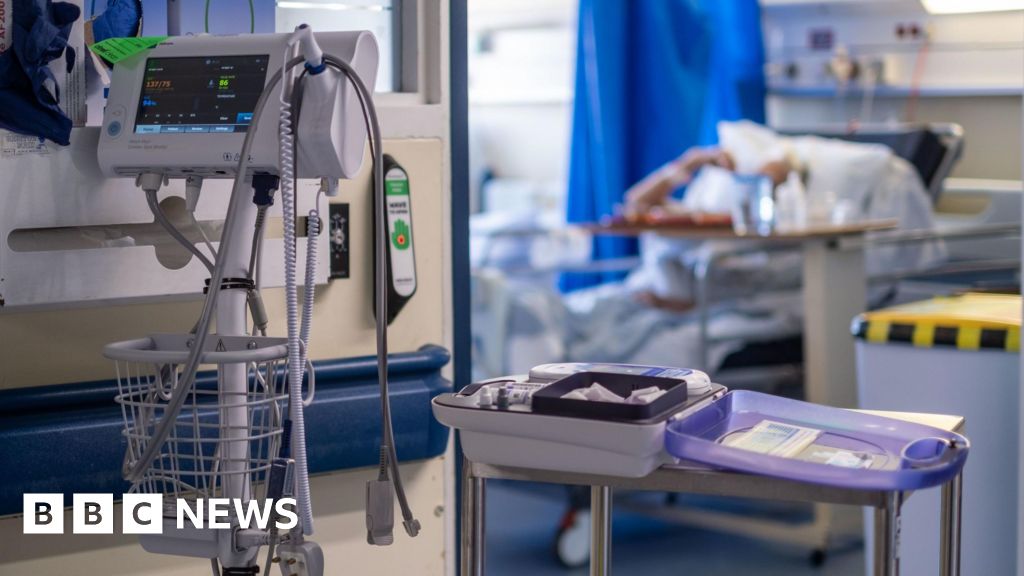ARTICLE AD BOX
 Image source, Getty Images
Image source, Getty Images
The Met has issued a deadline of 31 August before it instates the ban
The UK's largest police force says it will stop attending emergency calls related to mental health incidents.
London's Metropolitan Police will only attend calls related to mental health where there is an "immediate threat to life".
The move will be introduced from September in a bid to free up officer resources.
The BBC understands Met Commissioner Sir Mark Rowley wrote to health and social care services last week.
Police forces across Great Britain have seen a significant rise in the number of mental health incidents they have dealt with in the past five years.
Some police chiefs believe the rise is down to police increasingly being seen as the first resort for people in a crisis, as well as a lack of capacity in the community to deal with growing mental health demands.
The Met says it is looking to "redress the imbalance of responsibility", which often sees police officers "left delivering health responsibilities".
The College of Policing defines a mental health incident as "any police incident thought to relate to someone's mental health where their vulnerability is at the centre of the incident". And police officers are estimated to spend 20-40% of their time dealing with such incidents.
The Met's new plan has already been adopted by Humberside Police, who introduced the Right Care, Right Person (RCRP) scheme in 2020 to ensure mental health calls are dealt with by mental health professionals.
A Metropolitan Police spokesperson said the RCRP programme was "hugely successful in improving outcomes, reducing demand on all services, and most importantly ensuring that the right care is being delivered by the right person."
"Police are compassionate and highly skilled but they are not trained to deliver mental health care and spend an average of 10 hours with a patient when they are sectioned under the Mental Health Act.
"In London alone between 500-600 times a month, officers are waiting for this length of time to hand over patients, and it cannot continue," they added.
The BBC has spoken to police and healthcare leaders about the pressures on mental health services and the amount of time frontline police officers are spending looking after patients in crisis.
One police officer, speaking on condition of anonymity explained, "frontline cops try not to use the powers we have because it takes us off the streets when we should be answering 999 calls".
The officer explained that someone can be detained under Section 136 of the Mental Health Act, which gives police officers the powers to "remove someone to a place of safety".
But issues arise because "when no one is free to assess them at hospital, we cannot just leave them".
The government announced a £150m capital investment in January to improve the places and spaces across the NHS for people experiencing - or at risk of experiencing - a mental health crisis.
It said the funding will allow for the procurement of up to 90 new mental health ambulances, which will take specialist staff directly to patients to deliver support on scene or transfer them to the most appropriate place for care.
If you are affected by any of the issues in this article you can find details of organisations that can help via the BBC Action Line.

 2 years ago
44
2 years ago
44








 English (US) ·
English (US) ·